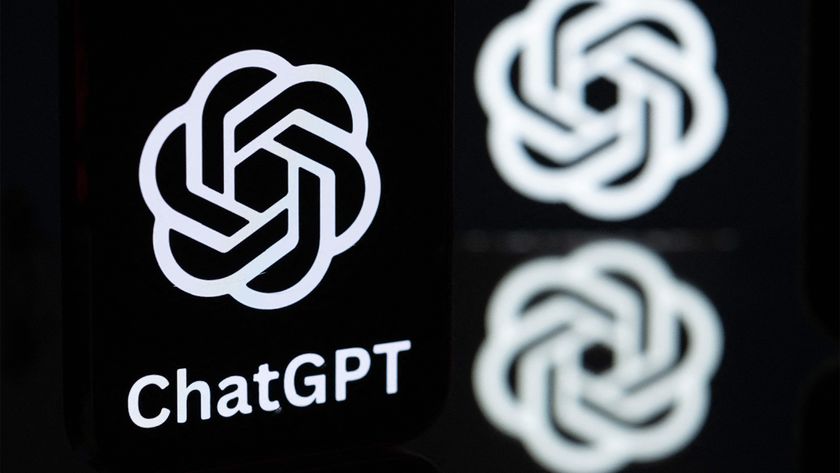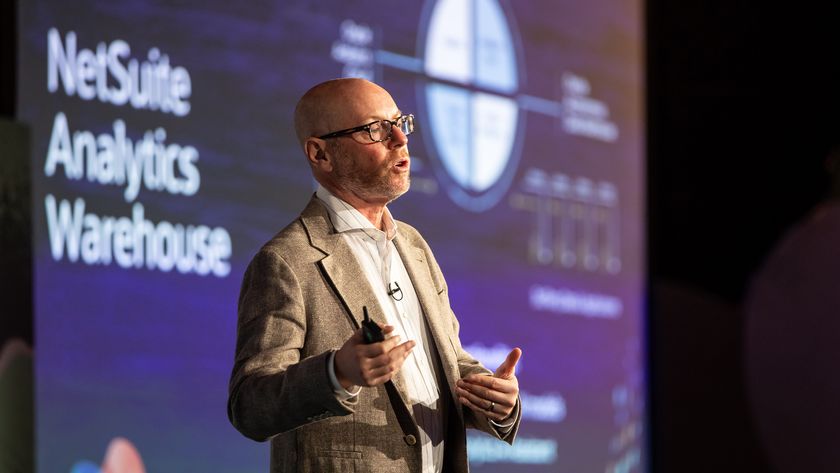Five unexpected things at IBM IOD 2013
Steve Cassidy looks back on his recent trip to Las Vegas for IBM's IOD conference...
Unexpected#3: Cloud
IBM has been very quiet about Cloud. I always thought this was mainly to do with its customer relationships, and I have to say the overall tone of the whole show didn't disabuse me of this notion: IBM hasn't exactly eschewed the notion of competition, but it certainly doesn't seem to pursue it at the frenetic and freely mobile pace of many cloud service providers.
It was perfectly obvious that the organisations present at the show were getting IT help at a scale which obliges multi-year, multi-person, multi-topic relationships with a mixture of technology suppliers, technical experts, business experts and experienced consultants.
This is a world away from a classic PC or cloud buyer's approach or needs, and I suspect that IBM would be the first to agree that it is not seeking to woo businesses which are a poor fit to its methods. And yet, those methods are clearly moving with the times. Away from the numbers-driven world of plain analytics, there was much discussion of Watson, the words-driven advice giver and game show winning AI and even a "Watson Cloud", an API environment in which external developers could fire questions off to in a manner very reminiscent of Microsoft's AppFabric for Visual Studio. Except that's mostly about SQL, whereas Watson is intended to be about things like picking the right cancer medication given a range of symptoms.
There was some other stuff too, about IBM BLU acceleration for DB2 being available and demonstrable inside Amazon EC2, but unless you're a DB2 wonk this will be of limited interest.
Unexpected #4: Voting
Take a look at David Becker's page at the Pew Trust. He and IBM Fellow Jeff Jonas did a slick, fast-moving presentation about how analysis of annoyingly inconsistent US voter, Social Security and address databases could massively adjust the number of registered voters around every election great, and small in the US.
Get the ITPro. daily newsletter
Sign up today and you will receive a free copy of our Focus Report 2025 - the leading guidance on AI, cybersecurity and other IT challenges as per 700+ senior executives
Some of this was clearly the result of privileged access, in as much as IBM operates many of the systems that keep this information to begin with. On the other hand, the rest of the story focussed on the fact that it takes a charitable trust to do the work, and that it requires a lot of out-of-the-box thinking about how to write data-matching algorithms across what should ostensibly be entirely similar and straightforward lists of names and addresses.
Unexpected#5: Slavery and Asteroids
For a proper sense of vertigo, IBM let Jeff Jonas say a lot more in a private press session about his pet data analytics research projects, than he did on stage.
Even discussing this piece in the IT Pro offices, I managed to get a little gasp of shock going with the S-word, so I'll let you relax for a sentence or two and get used to the idea, before I point out that genealogy of families with slaves in their ancestry is not a trivial problem.
Slaves were bought and sold and tended to be recorded under the name of their owners at Census time, without anything resembling their initial names or birthplaces. Unravelling a series of owner-relationships in Slavery-era America really matters, because it can mean that a grave is in a completely different location than the last paper record of the person suggests it is.
Jeff's text-matching system does some stuff that is both abstracted from the specific problem, and useful to the outcome, in a way that manages to both fit into his laptop, and exceed my understanding.
His other anecdote concerns the predictability of near-earth asteroid orbits, and has almost no text matching to it whatsoever.
Asteroids are very predictable, once you see their course for a few days. The way gravity works fixes those orbits over quite literally, the lifetime of the solar system. However, once an asteroid has an encounter with another asteroid, that predictability is degraded; the closer the encounter, the worse the predictability.
Jeff's project is to isolate out from the vast and growing libraries of asteroid trajectories, the ones likely to get close enough to each other to be influenced, and thereby derive the list of ones we should watch most closely. As he put it, "Building a Smarter Planet (IBM's slogan) is lower priority than saving it."

DeepSeek and Anthropic have a long way to go to catch ChatGPT: OpenAI's flagship chatbot is still far and away the most popular AI tool in offices globally

‘Every feature that comes into NetSuite over the coming years is going to have AI’: NetSuite’s Evan Goldberg on the future of the platform and how AI will drive customer success















